The term “ethical investing” has become a popular buzzword for financiers and investors.. Funds defined by their involvement with particular causes and practices are skyrocketing in popularity, especially as COVID-19 exposes the real consequences of mismanagement or negligence.
But what about ethical real estate investment? Despite the obvious curb appeal of a practice with “ethical” right there in the name, it can be a thorny environment to navigate. Additionally, investors interested in ethical practices face a complex set of considerations — many of which are unique to the real estate space. At Birgo, we’re here to help you sort it all out. Let’s start with the big question:
What is Ethical Investing?
Ethical investing is an approach which acknowledges the potential consequences (negative or positive) associated with a given position and looks to mitigate undesirable outcomes while allocating cash towards assets and persons which will produce both strong returns and desirable outcomes. The practice essentially combines traditional returns-oriented investing with ethical and moral beliefs. A figure like Dickens’ Ebenezer Scrooge comes to mind as a negative exemplar: raking in cash looks less desirable if it’s earned at the price of your values.
Of course, this is the complicated part: ethical investment will always be indexed to an investor’s values. As an investor, you should ensure that a fund or manager shares core components of your ethics paradigm; this is one of the many reasons carefully choosing a fund manager is important. Investments that align with your ethics do not prevent you from attaining strong returns, but they do require some research.
For some, “ethical investment” just means avoiding particular firms or assets. This could mean avoiding “sin stocks” like tobacco or marijuana, or deciding not to invest in industries perceived as socially or environmentally destructive, like arms manufacturers or oil refiners. Socially Responsible Investment vehicles (or SRIs, for short) are ETFs or mutual funds designed to exclude certain firms so that investors can feel confident that their money has not been used to fund practices they dislike.
A second way of looking at ethical investment focuses on the governance, operating practices, and mission of those in whom you invest; a firm that produces clean energy for developing countries but fails to treat its employees properly poses a different, but nonetheless important, ethical problem. For some investors, ESG ratings (short for “environmental, social, and governance”) include a robust range for an investment’s ethicality, encompassing a firm’s mission as well as its governance and operating practices.
Mission and operations can also be interpreted in a positive sense: there’s a difference between passively refusing to point money at fossil fuel stocks and actively funneling cash into wind farms. Ethical investing might mean choosing to invest in firms with specific goals, like environmental sustainability or eliminating the wage gap. Impact investing is an emerging financial practice designed to target investment towards mission-driven firms.
From an investment firm’s perspective, ethical investing can mean, in a negative sense, opting not to invest in assets or properties which produce undesirable social consequences. On the other hand, it could look like making clear efforts to establish fair fee structures and expand transparency. It could also mean targeting capital outlays towards particular double-bottom-line projects, or considering the big-picture effect of a given strategy.
Ethical Real Estate Investment
So how does this apply to real estate investors? Considerations like governance and transparency are important for every investment firm, but real estate also elicits some unique considerations.
Real estate has considerable power over the way we live and work and how communities are formed. Consequently, real estate investors are uniquely positioned to deploy resources to develop socially-responsible causes. Urbanization, population growth, and emerging sectors and markets create housing needs and raise issues such as affordability and gentrification. Real estate investments affect a long list of stakeholders, and doing right by investors, employees, tenants, and the community is a long-term project that can yield numerous benefits.
With respect to transactions, real estate investment firms can choose to emphasize ethics in their investor interactions. Payout structures that line managers’ pockets with cash and disburse very little to LPs are one clear violation, as are unnecessarily complex fee structures or pages of legalese which discourage prospective investors from doing their due diligence. Transparency is also a concern: no one likes hidden fees. Some investors may also appreciate a fund whose managers have skin in the game — a personal financial stake which aligns all parties’ incentives.
Of course, real estate differs from some other investment categories in that it is not purely transactional; there are very real implications of boots-on-the-ground real estate operations, especially for vertically integrated firms. Treating employees and contractors well is an ethical issue in itself. If a real estate firm opts to employ contractors to handle maintenance and property management, it is incumbent on the firm to commit to doing this with excellence. Unfortunately, it is all too common for this to not be the case. Especially in the maintenance space, unreported employment is a well-known problem; paying undocumented immigrants under the table can cut costs, but it may do so by exploiting workers and cheating the system. If maintenance and property management are handled in-house, interested investors may want to perform their own due diligence to ensure safe working conditions and fair compensation.
Tenants are also critical stakeholders in the real estate business. Opaque leases filled with hidden terms and fees inaccurate advertising, rent hikes, or concealed safety hazards all present ethical issues for property owners. Water damage, mold, insect infestations, or exposed wiring can and do get swept under the rug by some landlords. Legal recourse is sometimes available to tenants facing these situations, and property owners cannot expect to avoid responsibility by invoking ignorance of the problem. Due diligence can be expensive in the short run, but doing the right thing pays off over the long horizon by averting court battles and fines.
Especially when dealing in underdeveloped locales or older buildings, real estate investors should also be aware of potential environmental concerns. Damage is an obvious, tenant-facing problem that tends to get fixed quickly, but it’s easier to overlook compromised plumbing, asbestos insulation, or polluting runoff that may go unnoticed by tenants but pose a health or safety risk to the community. Similarly, older buildings’ energy consumption and efficiency may be poor by modern standards, and real estate investors have an opportunity to improve tenants’ living spaces and raise property values by renovating aging or derelict spaces.
Finally, while real estate investment creates authentic value for communities by improving the places in which we live and work, the way in which capital enters a market can pose long-lasting challenges to those already living there. Social implications like gentrification can be difficult to fully analyze ex ante. Developing a glittering apartment complex or shopping mall in a low-income neighborhood may contribute to the economic health of a metro area by attracting affluent residents and improving infrastructure, but also threaten to displace current residents by increasing rents and reducing buying power through inflated costs. Relatedly, building renovations can migrate an asset from Class C to Class B, but doing so may push away current tenants who relied on an affordable living space. Gentrification is a complex topic with very few easy answers; real estate investors should minimally commit to an awareness of the issue. It’s critical to give thoughtful consideration for how investment dollars impact the potential for displacement within communities.
Concluding Remarks
For an investor comparing two similar funds, opting to support the one that better satisfies their ethical obligations and beliefs may seem like an easy choice. Of course, this strategy is less appealing if the more ethical firm fails to produce strong returns. Fortunately, investing ethically does not necessitate sacrificing profit. In fact, large-scale studies are now suggesting that ethical portfolios may be positioned to outperform traditional portfolios. This isn’t surprising: firms working to do good and avoid policies that produce outrage and scandal can be expected to provide more stable returns.
Real estate investment offers the same proposition: paying maintenance and management personnel well ensures better-quality work, treating tenants with care and respect maintains occupancy targets, and preserving the environmental and economic state of your market protects its value as a place to live and work. Properly-executed investment is not a zero-sum game, and investing ethically can provide value to not only those who are parties to a given transaction, but to the entire investment footprint. This is exactly why we believe in Birgo’s vertically integrated structure, where investment returns and community impact are directly related.
If you’d like to learn more about ethical investing, or discuss an investment with Birgo, schedule a call with us today.


